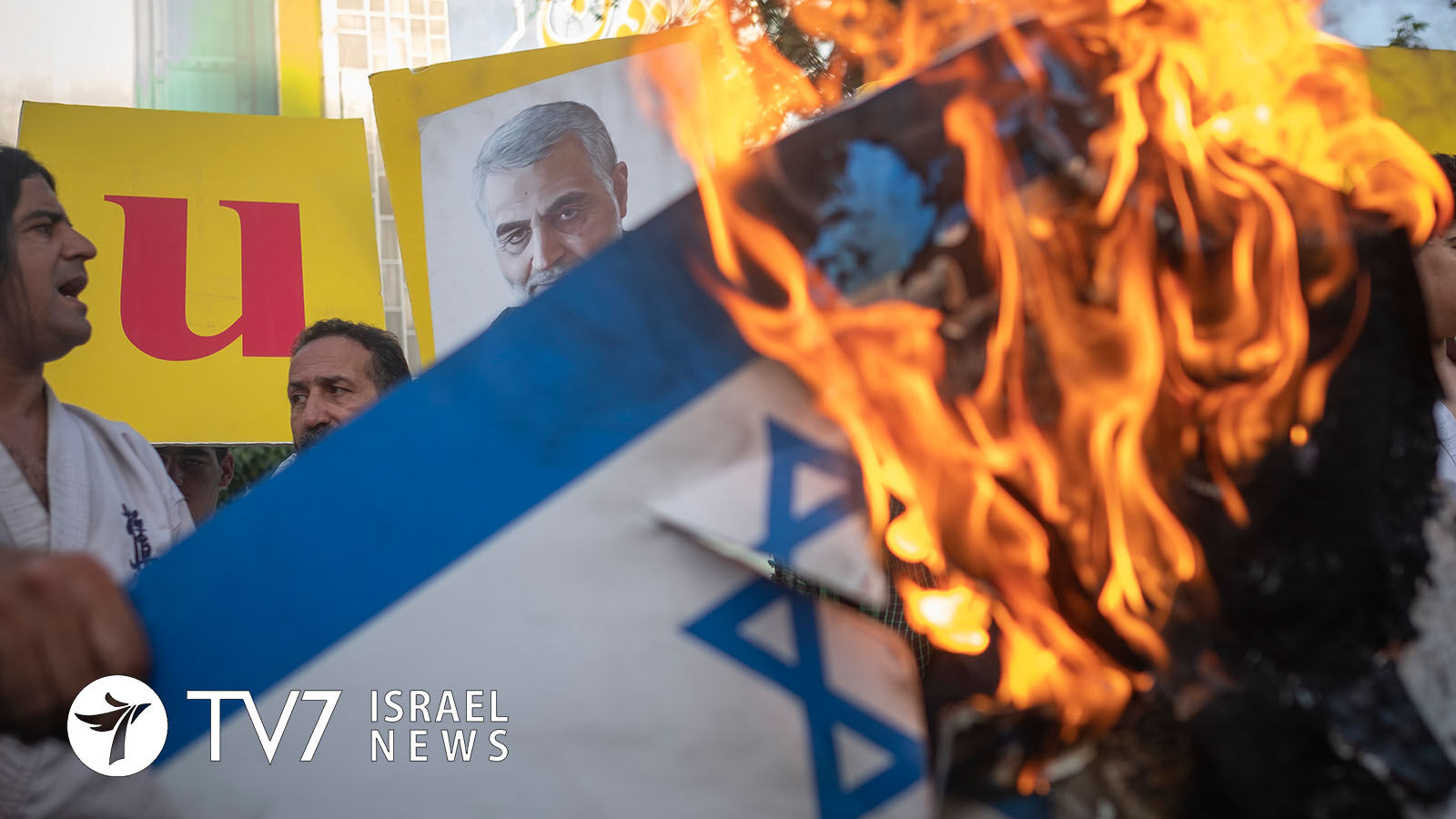The accused were arrested by the Islamic Revolutionary Guards Corps (IRGC) and the Ministry of Intelligence.
By Erin Viner
Four people of undisclosed nationalities were sentenced to death by Iran’s judiciary yesterday on charges they ‘cooperated with Israel’s Mossad intelligence agency.
According to the Mehr News Agency (MNA), a semi-official news agency of the Iranian government, reported that the suspects were “sentenced to death for the crime of cooperating with the intelligence services of the Zionist regime and for kidnapping.”
Mehr is owned by the Islamic Ideology Dissemination Organization (IIDO) and headquartered in Tehran.
“With guidance from the Zionist intelligence service, this network of thugs was stealing and destroying private and public property, kidnapping people and obtaining fake confessions,” said the article.
Three other people were convicted and sentenced to serve prison terms between five and 10 years on allegations of committing crimes such as acting against national security, aiding in abductions and illegal weapons possession.
Iran often accuses its enemies or rivals abroad – such as Israel, the United States and Saudi Arabia – of trying to destabilize the country. It also routinely arrests and executes suspects accused of committing espionage on behalf of other nations, particularly Israel.
Arch enemies Iran and Israel have long been engaged in a “shadow war,” including mutual accusations of cyber warfare and maritime sabotage.
Jerusalem accuses Tehran of working to develop atomic weapons and using terrorist proxies to launch terror attacks against Israeli citizens. In July, United States President Joe Biden and Israeli Prime Minister Yair Lapid signed a joint pledge to prevent Iranian acquisition of atomic arms. The Ayatollah regime, which has repeatedly vowed to annihilate the Jewish State, insists its nuclear program is peaceful and denies seeking nuclear weapons; while maintaining that Israel has carried out a number of assassinations of its military and nuclear leaders, including that of a senior officer in May. Israel has neither confirmed nor denied any such actions.
Most recently, the Ayatollah regime has blamed Israel and Western nations of trying to launch civil war in the country, which is now grappling by some of the toughest challenges since the 1979 Islamic Revolution.
“Various security services, Israel and some Western politicians who have made plans for civil war, destruction and the disintegration of Iran should know that Iran is not Libya or Sudan,” Iranian Foreign Minister Hossein Amirabdollahian wrote on Twitter earlier this month.
Iranians from all backgrounds have taken to the streets to express outrage since the 16 September death of 22-year-old Mahsa Amini , who died in custody following her arrest by the so-called “morality police” for attire deemed insufficiently Islamic. Some of the ongoing protests of her killing and the suppression of human rights by clerical rulers in the country have seen calls for the ousting or deaths of Supreme Leader Ali Khamenei and President Ebrahim Raisi.
Amini’s death and the protests that followed have drawn international condemnation of Iran’s theocratic Ayatollah regime, which has repeatedly accused its foreign enemies, particularly Israel, the US and their alleged local agents, of having instigated the unrest in attempts to destabilize the Islamic Republic.
The public fury persists despite an ongoing violent crackdown by authorities and ultimatums issued by the Islamic Revolutionary Guards Corps (IRGC), which has crushed dissent in the past with the support of its volunteer Basij militia.
The protests are the largest to sweep the country since demonstrations over fuel prices in 2019, when an estimated 1,500 people were killed in a crackdown on protesters – the bloodiest confrontation in the Islamic Republic’s history.
